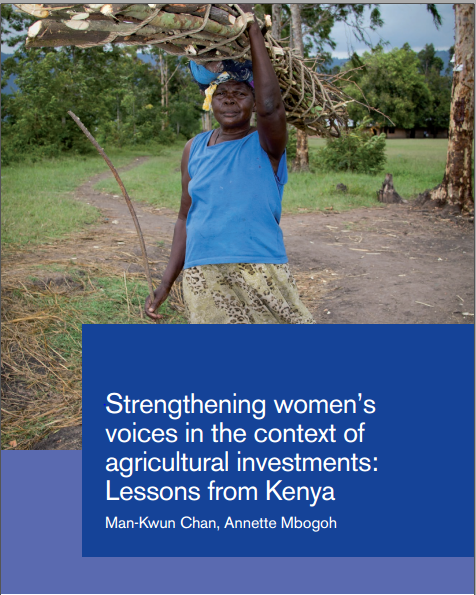Biofortificação As controvérsias e as ameaças à soberania e segurança alimentar e nutricional
Muito oportuna e elucidativa essa publicação do FBSSAN que me foi dada a honra de apresentar. A biofortificação de alimentos tem se destacado entre os temas do crescente debate nacional e internacional no campo da nutrição, aí incluída sua relação com a agricultura. Como é usual em se tratando dos alimentos, este debate é permeado por interesses de várias ordens, sobretudo econômicos, com a apropriação de significados acompanhada do tradicional apelo à gravidade dos problemas (fome ou deficiência de nutrientes) que clama por soluções urgentes e milagrosas.






